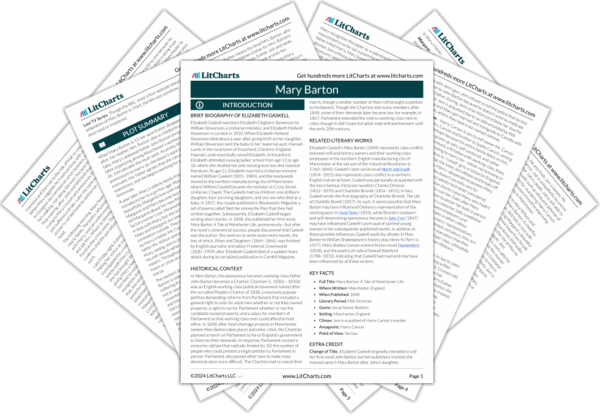In the Christian Gospel (Luke 23:34), Jesus Christ asks God to forgive the people who have crucified him while he is dying on the Cross: “Forgive them, father, for they know not what they do.” The allusion to Jesus forgiving his executioners makes clear that forgiving one’s enemies is literally Christlike behavior. Mr. Carson’s engagement with his family Bible makes clear that a desire for vengeance is pulling him in one direction, while his Christian beliefs are pulling him in another. Additionally, when he contrasts John’s miserable poverty with the “decent” poverty he experienced as a working-class man, it implies that he is realizing and coming to empathize with the economic desperation that fueled John’s crime.
